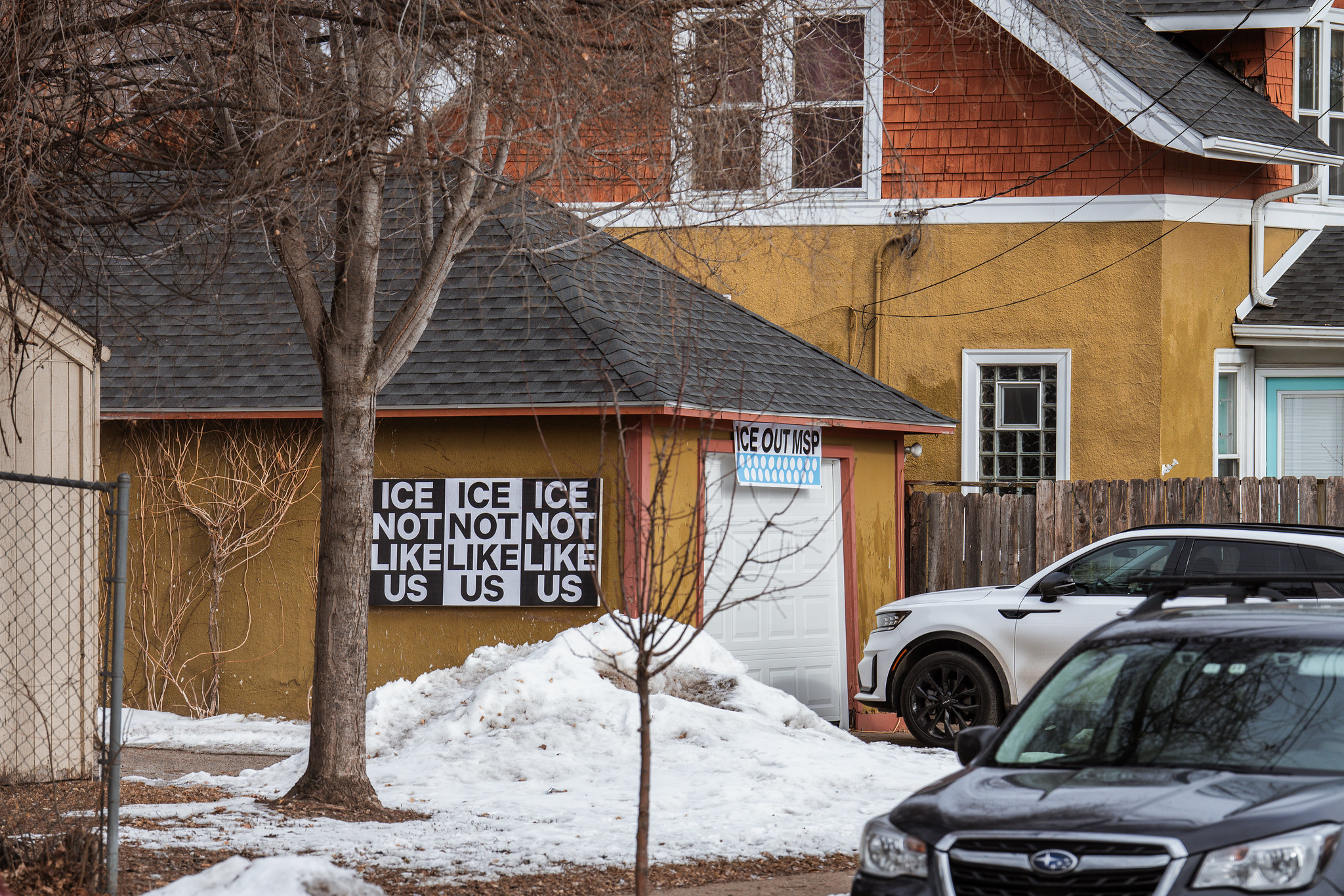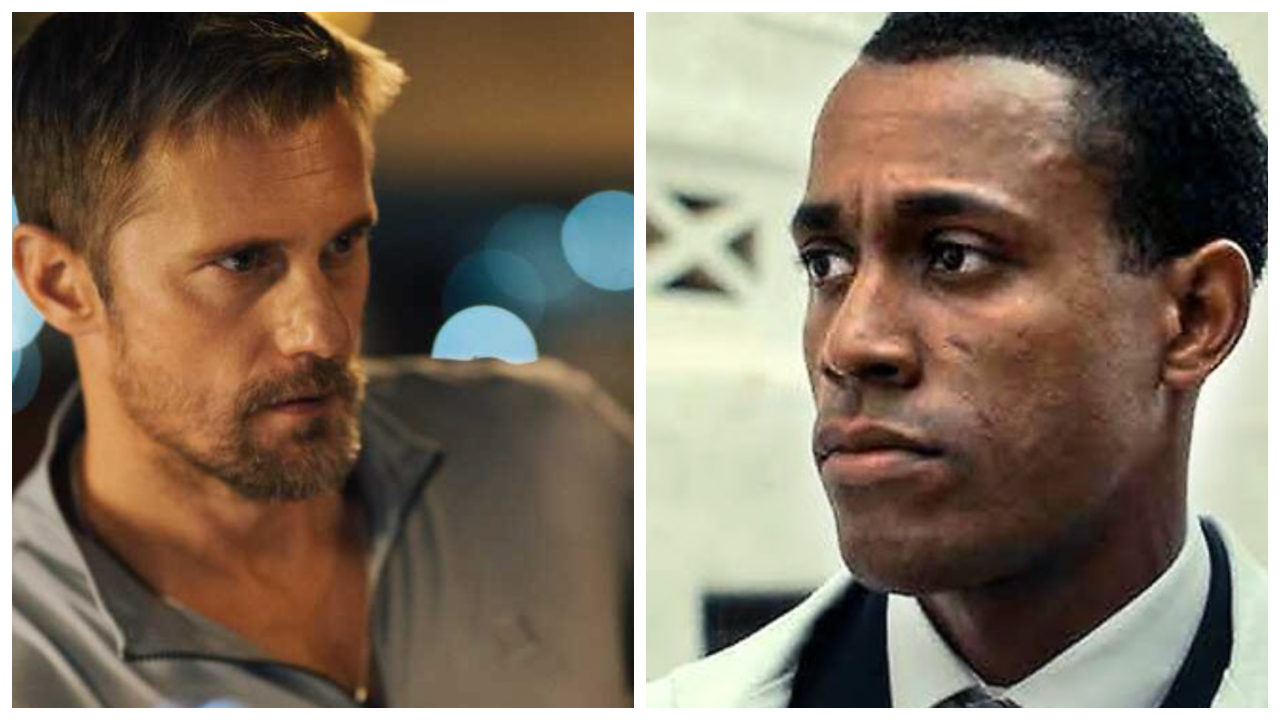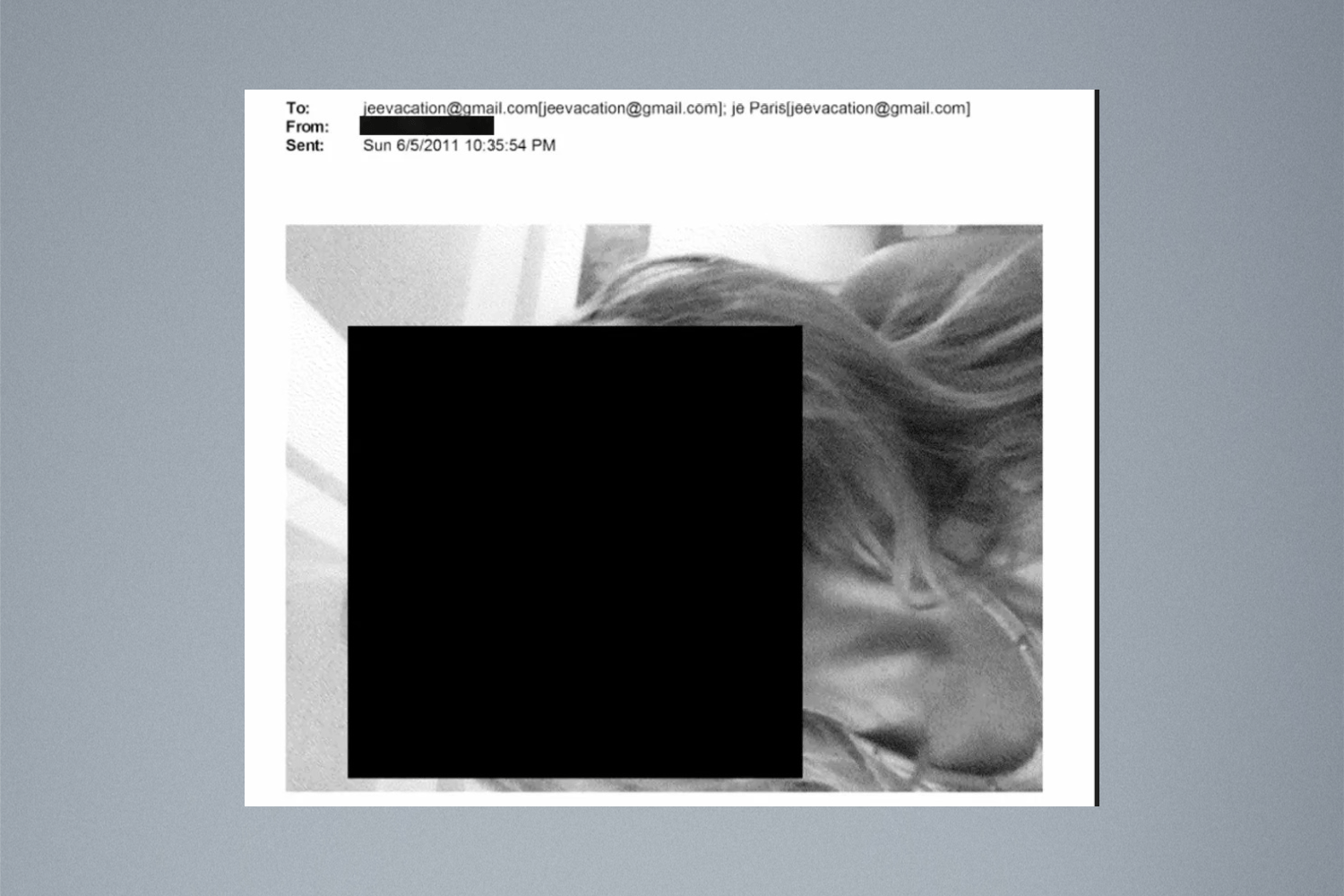When people ask me what I do for a living, I’ll admit that sometimes I try to find ways out of just saying “spoken word poet.”
To be clear, I love what I do. I owe so much to this community and this culture. But I know that a lot of people either have no idea what “spoken word poetry” is, or—if they have heard of it—have a bunch of negative baggage associated with it.
There are approximately one trillion “slam poetry parody” videos on TikTok and YouTube, and they’re all doing the same bit. Lesser versions of Amy Poehler’s Leslie Knope on Parks & Rec: Anything. Can be a slam. Poem. If you say it like. This. Or Tom Hanks on The Tonight Show, wearing all black, declaiming pretentious, melodramatic poetry about Full House. Or Jonah Hill’s Schmidt in 22 Jump Street: Slam poetry. Yelling. Angry. Waving my hands a lot. Specific point of view on things. Cynthia. Cyn-thi-aaaah…
I’d be lying if I said there wasn’t a seed of truth in these parodies. I’ve been part of different slam scenes for the past 20 years. I’ve seen a lot of bad slam poetry. I’ve performed a lot of bad slam poetry.
But I have also been moved by slam poetry.
In these spaces, I have wept; I have felt a deep connection to other people in a way that is usually difficult for me. I have felt hope, and fury, and faith in humanity with such intensity that it has altered the course of my life.
I know it isn’t much of a hot take, but the truth is that slam poetry is bad when it’s bad, and good when it’s good. Just like standup. Just like theater. Just like indie rock, cake decorating, reggaetón, painting Warhammer miniatures, or any other artistic expression. So why is the dominant pop cultural perception of slam poetry (the bizarre cadences, the shallow politics, the self-seriousness) so relentlessly negative?
Maybe it’s an artifact of a lingering hipster cynicism that treated all earnestness as preachiness, all caring as cringe. Maybe it’s a ripple effect from the racism and classism of traditional literary gatekeepers condescending to the young, BIPOC, LGTBQ+ poets at the forefront of spoken word culture. Maybe it’s a backlash to “Obamacore” optimism—spoken word’s most recent “viral” period, after all, took place roughly between 2012 and 2017, when poems regularly racked up millions of views on YouTube, often via MN-based Button Poetry’s channel.
Of course, I can also hear someone out there saying: I don’t know about any of that stuff, but I went to a poetry slam once and it sucked.
Fair enough. Spoken word isn’t everyone’s cup of tea. Neither is death metal, or Star Wars, or tea. I’d never say that you, individual Racket reader, must “like” spoken word. But there’s something here worth pointing out regarding spoken word as a cultural practice. Unlike most other art scenes, which are built around professionals and the ticketed events that showcase their work, spoken word is fiercely democratic. It is built around open mics and poetry slams, both events that encourage anyone to show up, sign up, and share something.
This means that an audience member at a poetry slam might hear a not-so-great poem or two, or encounter poets who are still in the process of finding their voices. But it also means that those poets are part of a community in which they get to learn by doing, to grow as both writers and performers, and to make real-time connections with other artists. This is extremely valuable, and to me, is one of the best models we have of a process-over-product approach, a mode of culture work that rejects perfectionism, embraces collectivity, and reminds us that everyone has a story, and every story matters.
There are real intra-community conversations about the pros and cons of poetry slams as competitions; many participants acknowledge that the competition element is mostly just a gimmick to get people to show up. The point of a poetry slam is not to win; it is to contribute. It is not to string together the prettiest sequence of words; it is to tell the truth as powerfully and creatively as you can. It is not just to tell your story; it is to listen to others tell theirs.
That matters, in 2025.
We are in the middle of an ascendant fascist movement in this country telling everyone who isn’t a straight, white, Christian man: Shut your mouth. We are seeing supercharged efforts to erase and actively harm trans people, the undocumented, the disabled, and any vulnerable population that doesn’t fit into the might-makes-right worldview of our anti-art, anti-education, anti-imagination rulers. Our media ecosystem is feeding millions a toxic combination of rightwing conspiracy theories, shrieking manosphere influencers, and AI slop, while the relationship-based solutions to this (from school-based arts programs, to community orgs that bring people together, to broad public goods like libraries and parks) are under constant threat of defunding and dismantling.
Poetry itself isn’t the answer to all this. But spaces in which people can stand up on a stage and affirm their identities, celebrate their communities, and speak truth to power are absolutely going to be part of the answer. When the dominant culture actively discourages creativity and community, it is on us to keep building and supporting spaces that cultivate them. When the people in power want us to be quiet, it is the most straightforward form of rebellion to refuse.
And if you’re in the Twin Cities, there are some really good opportunities this April (National Poetry Month) to witness that kind of rebellion yourself.
TruArtSpeaks has been running the Be Heard MN Youth Poetry Slam series for a decade-plus now, and these events have always been stirring reminders of the power of young people’s creativity and passion. Two preliminary bouts have already happened, but you can catch the semifinals on April 12 at the Guthrie, and finals on April 25 at the Capri.
The Midwest Poetry Mashup is a slam tournament featuring teams from around the country. This will be the third year the Mashup is here in Minneapolis: It’s made up of four bouts on April 25 and April 26, with a finals slam on April 26 too.
And there’s more beyond that. BuckSlam is a monthly poetry slam held at Moon Palace Books that’s been really cool to see grow this past year. And while they’re not slams, there are many ongoing open mics and readings that regularly feature poetry: from ReVerb, to Next Level Joy, to Better Things, to Poets & Pints, and beyond.
Full disclosure: I’ve helped organize the Be Heard events in years past, and I’ll be hosting a bout or two at the Mashup. But I support these events, beyond my own connection to them, because I’ve seen the impact they have on real human beings. Poetry—especially spoken word and its visceral, in-the-moment magic—brings people together, reminds us that we’re not alone in our fear, anger, or grief, and that we have power to actively shape the community in which we want to live.
The last poetry event I attended that had that kind of impact on me was the celebration of Junauda Petrus as Minneapolis’s new poet laureate. I’ll end this with an excerpt from her poem, “Ritual on How to Love Minneapolis Again,” which speaks so powerfully to the importance of connection, especially in an era of alienation and isolation. Let’s keep connecting.
Being born by this river makes you
listen different, listen slow…
Makes you hear the other rivers we rode here
The Mekong. The Niger River. The Juba.
Middle passage, Greyhound and railroad.
That this Midwest nile connects us to oceans and rivers in the lands
of our ancestors we may never see.
Further reading:
- For a more in-depth introduction with a little more space to explore terminology, history, etc., check out Ten Things Everyone Should Know About Spoken Word and Slam Poetry
- It was beyond the scope of this piece to share a bunch of examples of what I would highlight as “good” spoken word poems, but here are a few favorites that I find myself sharing with people who are looking to dive into the culture.
A quick note on terminology: I used “spoken word” and “slam poetry” interchangeably here, but there is technically a difference: slam poetry refers to spoken word performed at a poetry slam, which is a specific kind of event—a competition, as opposed to an open mic or poetry reading. But in a broad, everyday sense, they are both used to refer to a person performing an original poem out loud.







